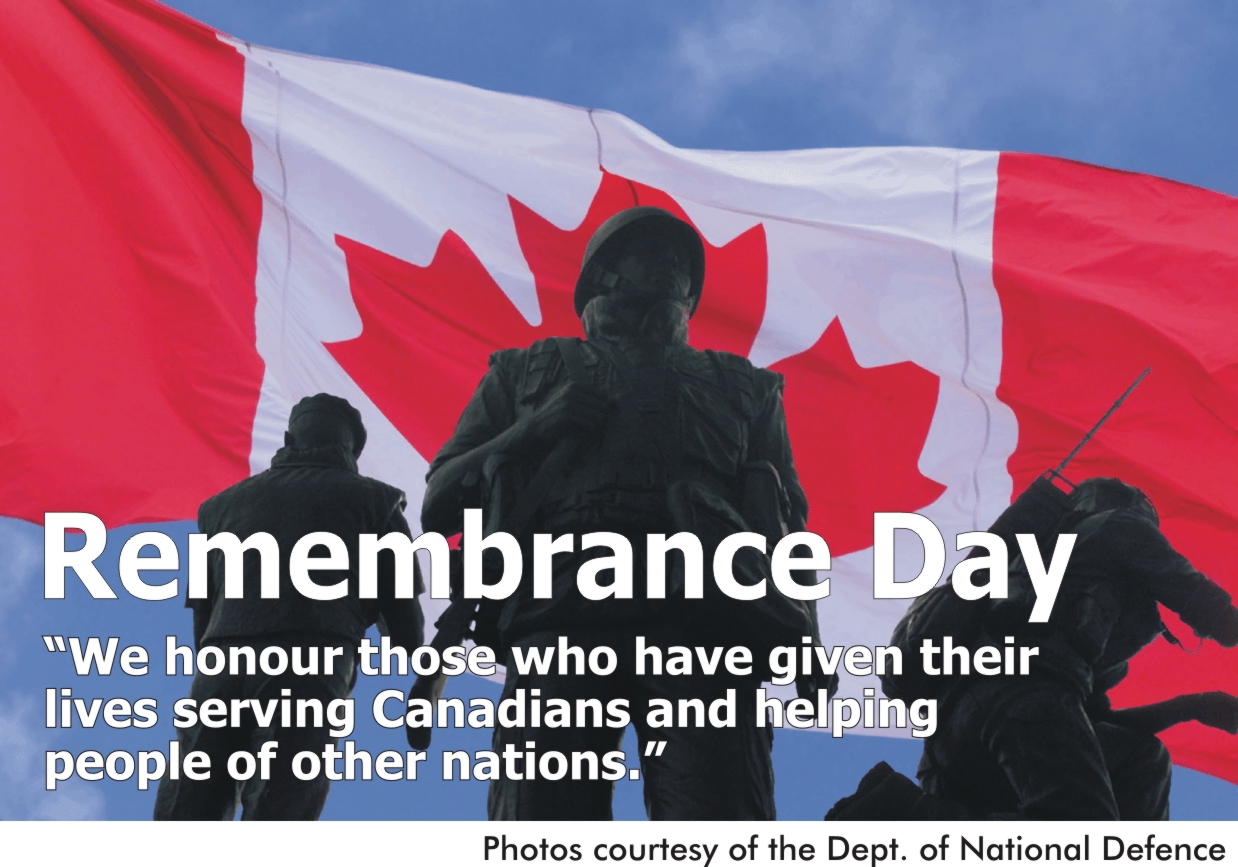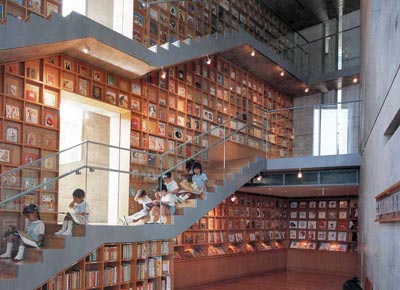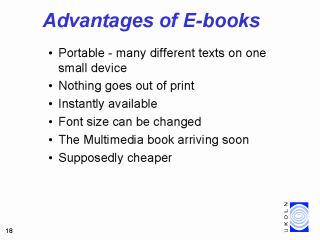"Once known as staid, quiet repositories for books, some institutions are copying business models on how best to attract and keep 'customers.' Jeff Overly "
Outsourcing Libraries: @ OntheCommons.org, Tue, 11/06/2007 , by David Bollier's blog
"There may be no more eloquent statement about the erosion of our civic connectedness than the news that public libraries around the country are starting to outsource their daily operations. Yes, public libraries are being privatized. This should not be entirely surprising, given how jails, highways and even military operations are being privatized these days. Yet it does raise the distressing question – If libraries are vulnerable, where will this momentum for dismantling our civic institutions end? ... http://faithcommons.org/feeditem/outsourcing_libraries
- Google for more on "Outsourcing Libraries" "library outsourced"
 Libraries take a page from business world:
Libraries take a page from business world:By JEFF OVERLEY, The Orange County Register
The Bottom Line: “library” includes a children’s library, but does not include a library conducted by private enterprise for profit. Source: LIBRARY BOARD OF WESTERN AUSTRALIA ACT 1951 - SECT 3































